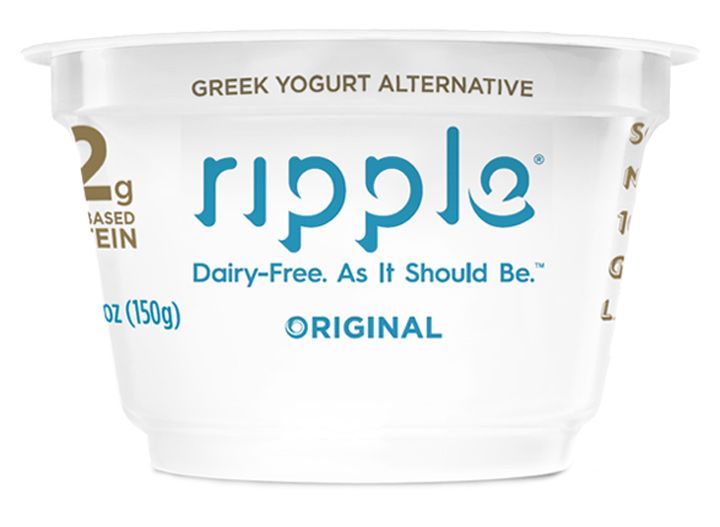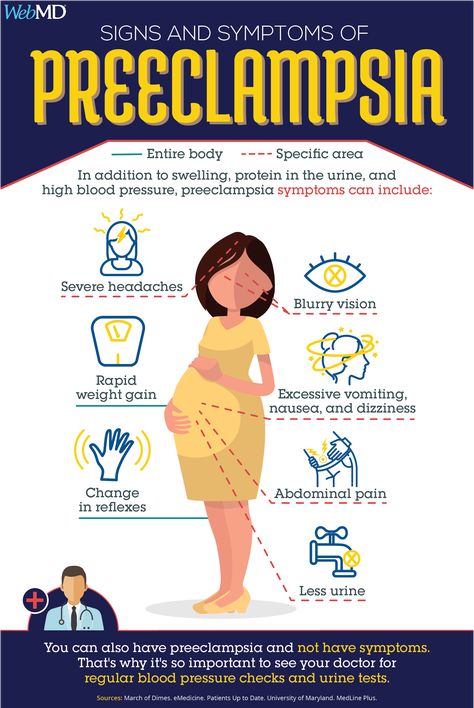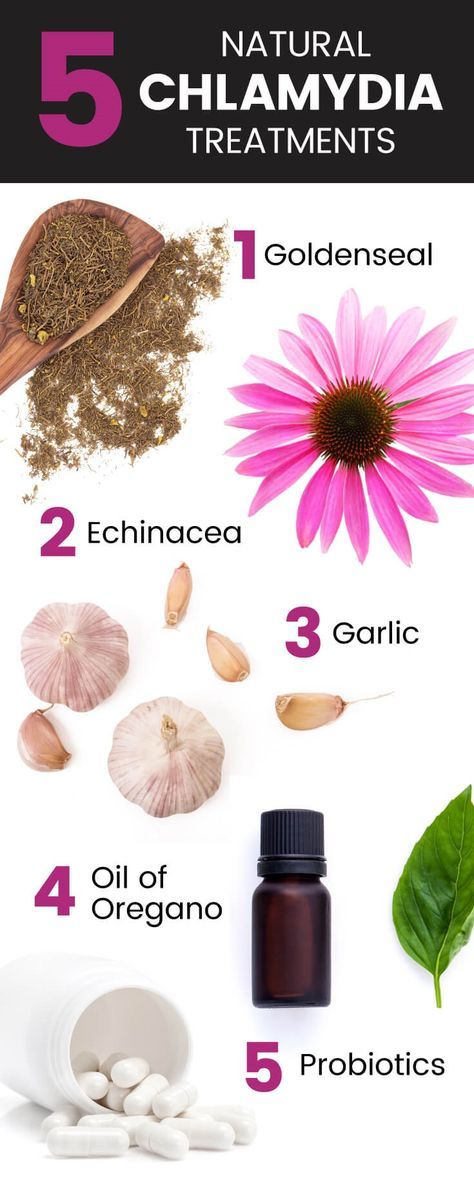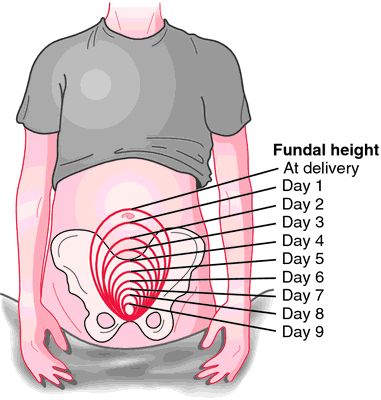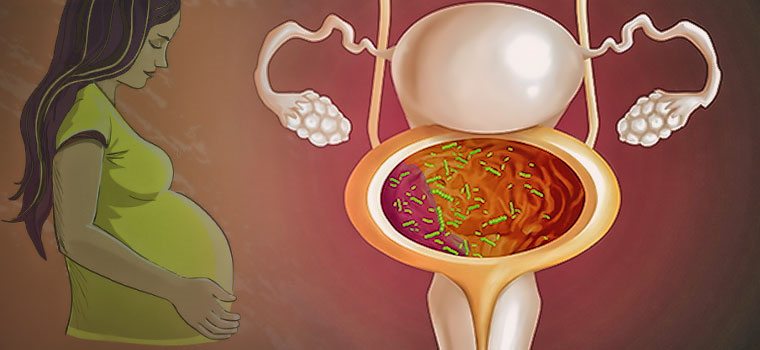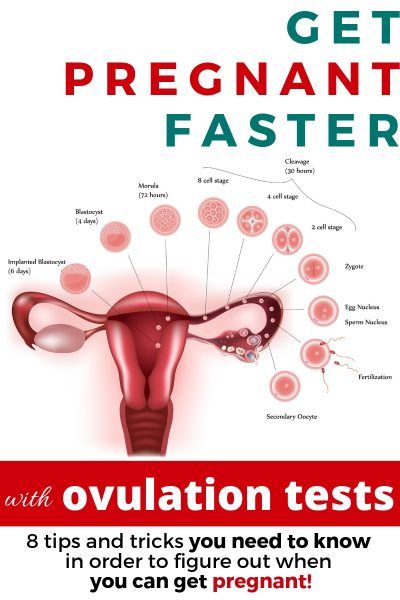Dairy protein intolerance in babies
CMPI - Cow’s Milk Protein Intolerance
Usually when it is recommended that a breastfeeding mother eliminate dairy produce from her diet, it is because of a problem that may be caused by the protein it contains, not because of lactose intolerance. Human milk is full of lactose, and nature has made certain that babies and toddlers can digest it. Large protein molecules from cow’s milk can pass into human milk fairly intact and it is these particles that can bother a sensitive baby. If your baby has Cow’s milk protein intolerance (CMPI) he might have colic-like symptoms, and be wheezy, vomit, have diarrhea (including bloody diarrhea), constipation, a rash, eczema and/or a blocked nose.
If you suspect your baby is sensitive to the cow’s milk protein in your diet you can remove dairy products and see if it makes a difference. It can take up to 21 days for all traces of cow’s milk protein to leave your system so it’s best to wait for two to three weeks to evaluate the results. Some babies will react well if you remove visible dairy products such as milk, yoghurt, cheese, cream and ice-cream; others will not show any improvement unless you remove every trace of cow’s milk protein from your diet so you may need to read the labels of all the food you eat and eliminate hidden sources.
Many babies grow out of their sensitivity, so even if your baby is affected you may be able to add dairy back into your diet as your baby gets older. Some mothers wait until their baby has weaned to reintroduce dairy to their diet.
Some babies will show no improvement and it’s possible other elements of a mother’s diet are causing a problem. See our post on allergies.
If you do eliminate dairy from your diet there are many other sources of calcium, such as broccoli, collard greens, kale, bok choi, pak choi, ground sesame seeds, blackstrap molasses, almonds, brazil nuts, canned sardines or salmon (with soft bones).
Some kinds of calcium supplement are better absorbed and utilized by your body than other types.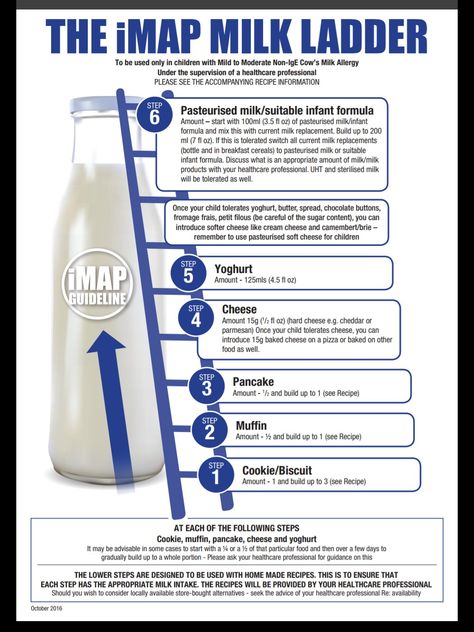 If you want to take one you can ask your healthcare professional which types of calcium supplement you might take.
If you want to take one you can ask your healthcare professional which types of calcium supplement you might take.
Your body will take what it needs from your nutritional stores to make the perfect milk for your baby. Your body might go short on calcium, but your breastmilk won’t! There is also research showing that while a breastfeeding mother will have reduced bone density while she is breastfeeding, she piles on bone density after her baby weans and is actually at reduced risk for osteoporosis compared to a woman who has never breastfed a baby.
When considering if your baby may be sensitive to something you have eaten it is worth checking if another carer has given him anything at all to eat besides your milk.
Smoking cigarettes and drinking caffeinated or alcoholic beverages can sometimes lead to a fussy baby.
Even if your baby is sensitive to something in your milk, it is still the perfect milk for him. Artificial baby milks are made from cow’s milk.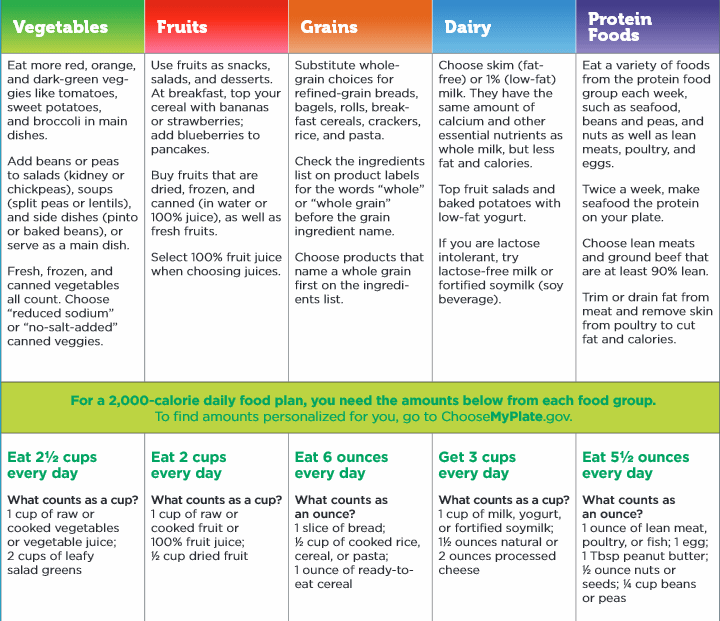 Around half of babies who are sensitive to dairy are also sensitive to soya, and many also react to goat’s and sheep’s milk.
Around half of babies who are sensitive to dairy are also sensitive to soya, and many also react to goat’s and sheep’s milk.
Reflux
Allergies
Alergia a la Proteína de la Leche de Vaca – APLV
Published January 2018.
Cow's Milk Protein Intolerance - Conditions - Gastroenterology, Hepatology & Nutrition - Golisano Children's Hospital
Golisano Children's Hospital / / / Cow's Milk Protein Intolerance
What is Cow's milk protein intolerance?
Cow’s milk protein intolerance (CMPI) is an abnormal response by the body's immune system to a protein found in cow's milk, which causes injury to the stomach and intestines. Cow's milk protein intolerance is not lactose intolerance.
Risk factors for having CMPI includes having a relative (particularly a first degree relative like a sibling or parent) who has a history of CMPI, or has atopic disease or allergic disease.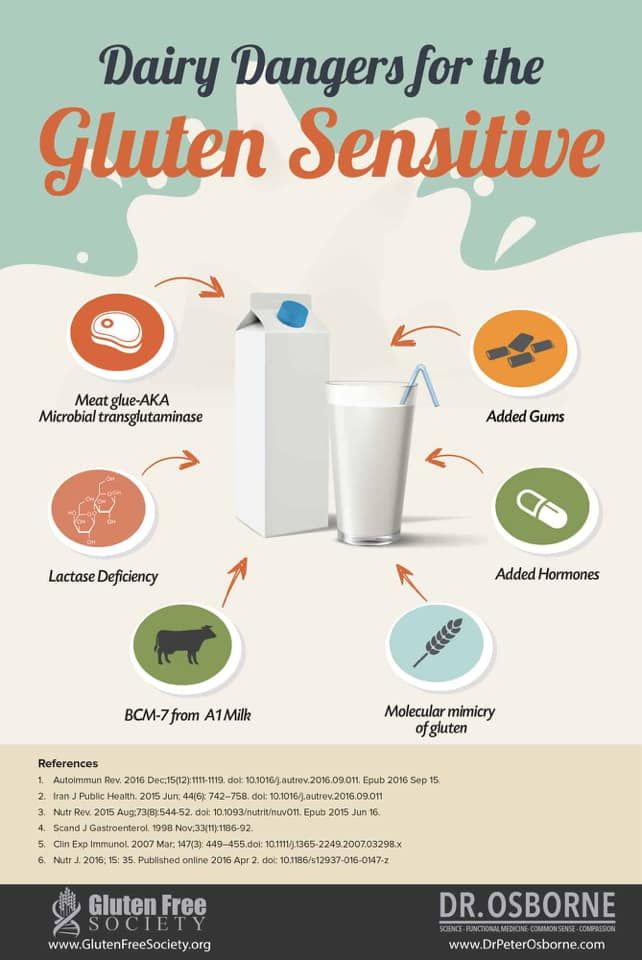 Breastfeeding may protect infants from developing CMPI, but sometimes those proteins can be found in breastmilk if mom has ingested cow's milk herself.
Breastfeeding may protect infants from developing CMPI, but sometimes those proteins can be found in breastmilk if mom has ingested cow's milk herself.
CMPI can be IgE-mediated or non-IgE mediated. Immunoglobulin E is an antibody typically seen in allergic disease. In IgE-mediated CMPI, symptoms can start within 2 hours of drinking cow milk, whereas in non-IgE-mediated CMPI, symptoms can happen from 2 days to 1 week after ingestion of cow's milk.
Signs and Symptoms
CMPI symptoms will usually develop within the first week of starting cow’s milk in their diet. The signs might manifest as a skin rash or eczema, or involve the GI tract, such as vomiting, abdominal pain, blood in the stool, mucousy stool, and diarrhea. Prolonged issues in infants could lead to wheezing, irritability and poor growth / failure to thrive.
Diagnosis
History and physical examination are the most helpful investigations in diagnosing CMPI.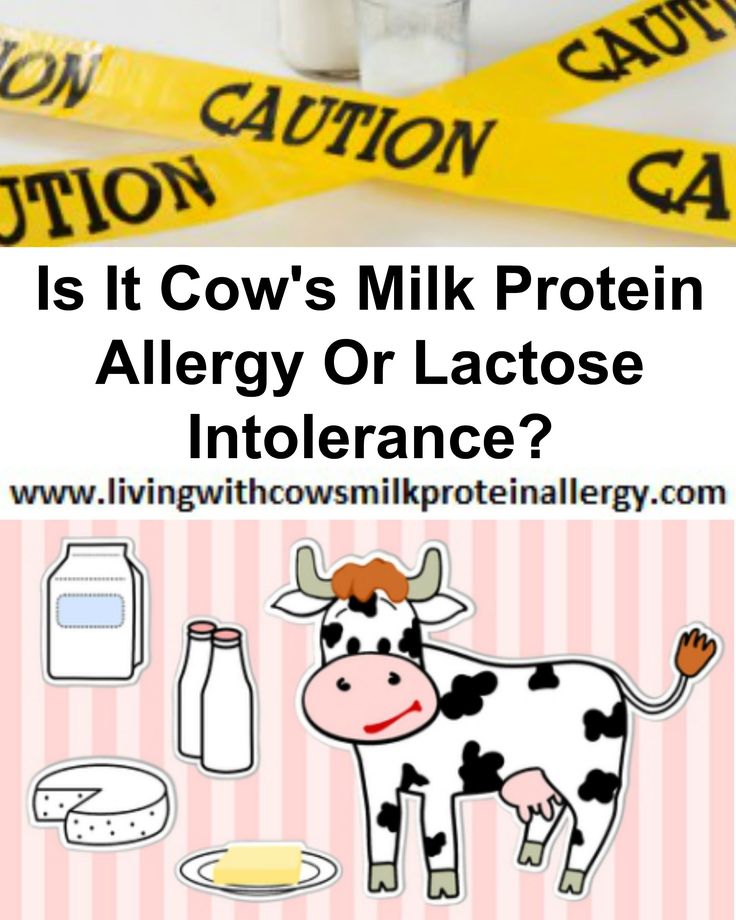 Timing of the symptoms, age of the patient, and symptoms related to feeds are key to diagnosis. There may be microscopic blood in the stool due to damage to the intestines. The diagnosis of CMPI is also supported by an improvement in symptoms after the elimination of cow's milk. Most of the time, blood tests and other invasive studies are not helpful.
Timing of the symptoms, age of the patient, and symptoms related to feeds are key to diagnosis. There may be microscopic blood in the stool due to damage to the intestines. The diagnosis of CMPI is also supported by an improvement in symptoms after the elimination of cow's milk. Most of the time, blood tests and other invasive studies are not helpful.
Treatment
The main treatment of CMPI is to remove cow's milk protein from the diet Typically, the diet starts with an extensively hydrolyzed formula which is a formula of broken down proteins Soy milk / goat's milk / sheep's milk are not appropriate alternatives in most children. A small percentage of patients may require an elemental (amino acid based) formula.
It is possible to continue breastfeeding infants with CMPI. In order to do so, the mother will need to eliminate all dairy and soy products from the diet. Since, it can difficult to know which foods contain dairy or soy, we will usually have mother’s meet with a nutritionist if they have any questions.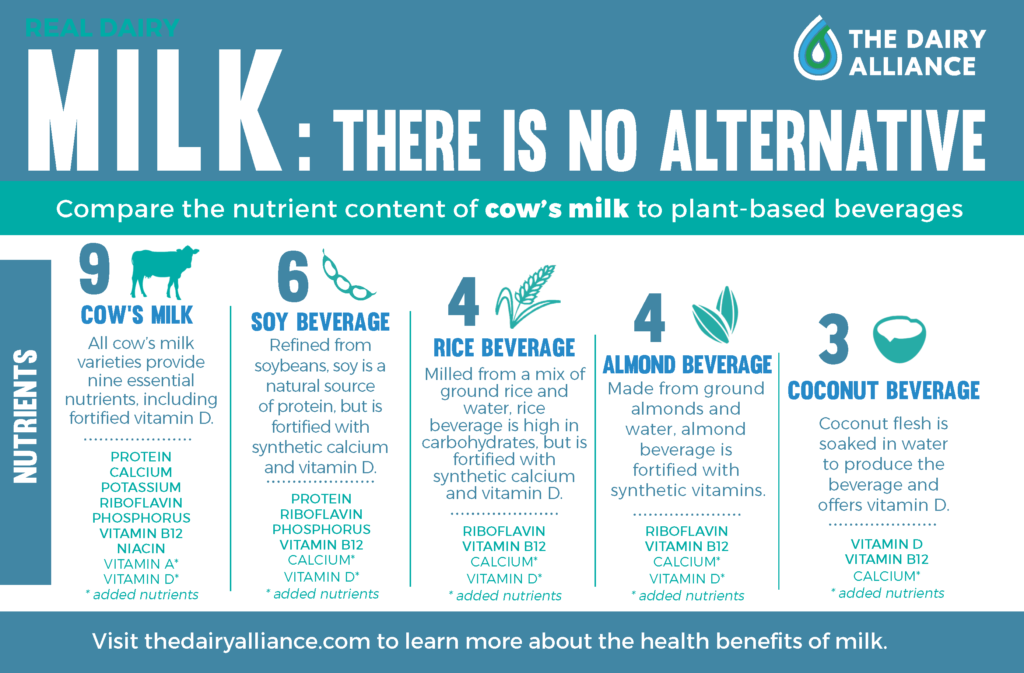
Most infants that are started on cow’s milk-free formulas or breastfed by a mother on a milk-free/soy-free diet will need to remain on the diet until about 12 months of age. At that point, the child can be challenged with cow’s milk. Most kids will outgrow CMPI by one year of age. However, if they do not, the majority will do so by 3 years of age.
Resources
- Cow's Milk Protein Allergy Support Charity
Allergy to cow's milk protein in children
Food allergy is a food-induced adverse (pathological) reaction based on immune mechanisms. In children under one year of age, the most common cause of food allergy is cow's milk protein (CMP).
A distinction is made between cow's milk protein allergy and cow's milk protein intolerance. In the first case immune mechanisms are involved, in the second - the baby simply does not have enough enzymes to digest cow's milk protein (for example, lactase deficiency).
There are only 36 cow's milk protein allergens, but 4 of them most often cause food allergies.
Casein is 80% BCM, it is heat stable (does not break down when boiled) and is not a species-specific protein. This means that if you are allergic to it, you may be allergic to the milk of other animal species. nine0015
β - lactoglobulin has the highest allergenic activity, species-specific, does not break down when boiled. This protein is not found in human milk.
α - lactalbumin is destroyed by boiling, species-specific.
Bovine serum albumin is not destroyed by boiling If an allergy to this cow's milk protein is detected, the child may also react to beef and veal meat.
It should be noted that mainly children who are bottle-fed with mixtures based on cow's milk protein suffer from cow's milk protein allergy. nine0015
This type of allergy can also develop in children who are breastfed - if the diet of a nursing mother contains products containing cow's milk protein (milk, cheese, cottage cheese, sour cream, butter, fermented milk products), especially in large quantities.
What symptoms suggest that the baby may be allergic to CMP:
- Skin manifestations (dry skin, dry nummular rashes, skin itching). nine0060
- Gastrointestinal manifestations (bloating, regurgitation, vomiting, loose stools, possibly stools with mucus and blood streaks).
- Respiratory manifestations (itchy eyes, cough, nasal congestion and even urticaria and Quincke's edema). These symptoms are rare in toddlers, but still possible.
Diagnosis
I must say that if the first manifestations of a food allergy in a baby appeared after switching to artificial feeding with a "regular" adapted formula based on cow's milk, then this is a reason to suspect cow's milk proteins as an allergen. nine0015
nine0015
The next thing is correct history taking : the doctor will definitely find out if anyone in your family suffers from allergic diseases (bronchial asthma, allergic rhinitis, atopic dermatitis, hay fever). If the family has these diseases, the risk of developing allergies in the baby increases.
At the discretion of the doctor, it is possible to take blood from a child for the presence of immunoglobulin E (IgE) antibodies to cow's milk proteins, which were mentioned above. In the presence of IgE antibodies to CMP in the baby's blood, almost 100% confirms that he has an allergy. Paradoxically, the absence of these antibodies does not rule out an allergy to cow's milk proteins, but only indicates that the allergy proceeds through a different type of allergic reaction. nine0015
And the simplest, most important and affordable method is the diagnostic diet with the exclusion of products from the child's diet (or from the mother's diet during breastfeeding) containing CMP.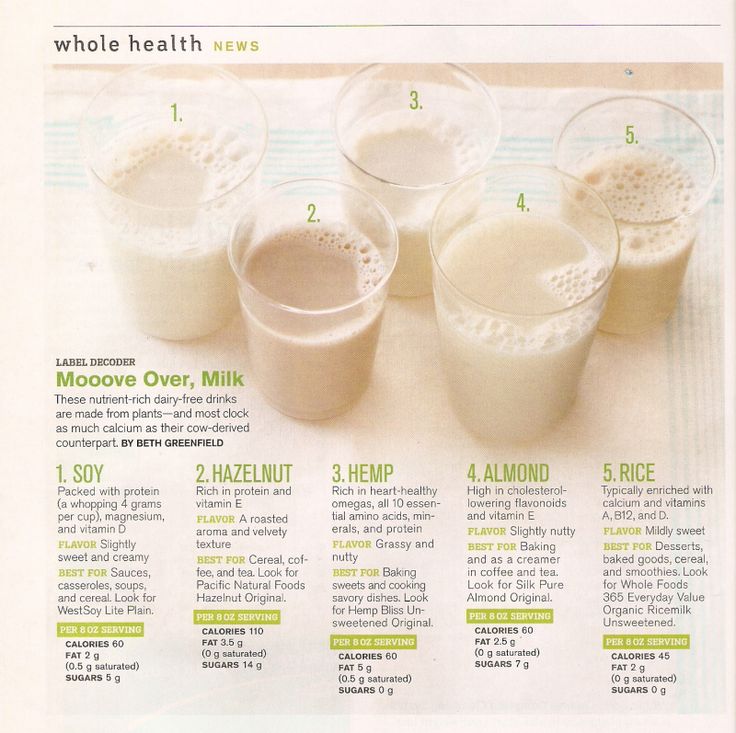 The duration of this diet is from 1-2 to 4 weeks. If during these periods there is no improvement in the condition of the baby, then an allergy to CMP is unlikely.
The duration of this diet is from 1-2 to 4 weeks. If during these periods there is no improvement in the condition of the baby, then an allergy to CMP is unlikely.
If the child's condition improves, you may need challenge test . This means the introduction of dairy products into the child's diet again. And if the manifestations of allergies return, this will prove an allergy to BCM. This test is carried out under strict medical supervision. nine0015
In children who are fed exclusively with breast milk, it is necessary to exclude products containing CMP from the mother's diet .
There are 3 types of mixtures:
- based on the hydrolysis of whey proteins;
- based on the hydrolysis of the casein fraction;
- based on amino acids.
Allergy is possible for the first two options, the reaction is very unlikely for the third option.
If the baby is bottle-fed, then it must be transferred to amino acid blend or highly hydrolyzed blend.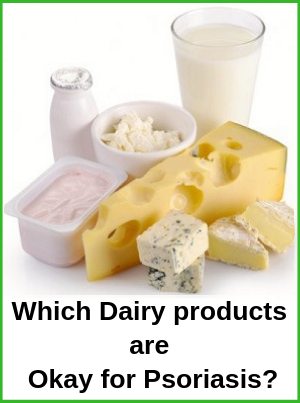 Most infant formulas are made with whole proteins and are therefore not suitable for babies allergic to CMP. They also do not recommend hypoallergenic mixtures, since the protein in them is not sufficiently split and mixtures in goat's milk (cross-reactions).
Most infant formulas are made with whole proteins and are therefore not suitable for babies allergic to CMP. They also do not recommend hypoallergenic mixtures, since the protein in them is not sufficiently split and mixtures in goat's milk (cross-reactions).
Usually, allergists first transfer children to mixtures based on complete hydrolysis of BCM or casein, if there is no proper effect within 2-3 weeks, it is recommended to transfer the baby to an amino acid mixture. nine0015
Perhaps, if the child has severe manifestations of food allergies, the doctor will advise you to immediately transfer the baby to an amino acid mixture. By agreement with the doctor, it is possible to transfer the child to a mixture based on soy protein isolate (from 6 months).
Amino acid mixtures are more easily tolerated by children with various forms of food allergies, as they do not have the bitter taste characteristic of mixtures with a high degree of protein hydrolysis.
Amino acid mixtures can be used both for the short term diagnosis of CMP allergy and as a dietary base for long term use in children with food allergies. nine0015
Diet duration — at least 6 months . Then the issue of transferring the baby to a hypoallergenic mixture is decided. In case of recurrence of symptoms, the introduction of dairy products is postponed for another 6 months.
The prognosis for CMP allergy in infants and young children with the correct management of patients is favorable.
Approximately 50% of children by the age of 1 year can be introduced into the diet of foods that include CMP. More than 75% of children by age 3 or older 90% of children by the age of 6 do not show allergic reactions to CMP.
Cow's milk protein allergy (CMP)
- Nestlé Health Science
- health care
- The concept of "Allergy to cow's milk proteins (CMP)"
The concept of "Allergy to cow's milk proteins (CMP)"
What is food allergy? nine0069
Food allergies occur when the body's immune system (the body's own defense mechanism) reacts incorrectly to certain foods.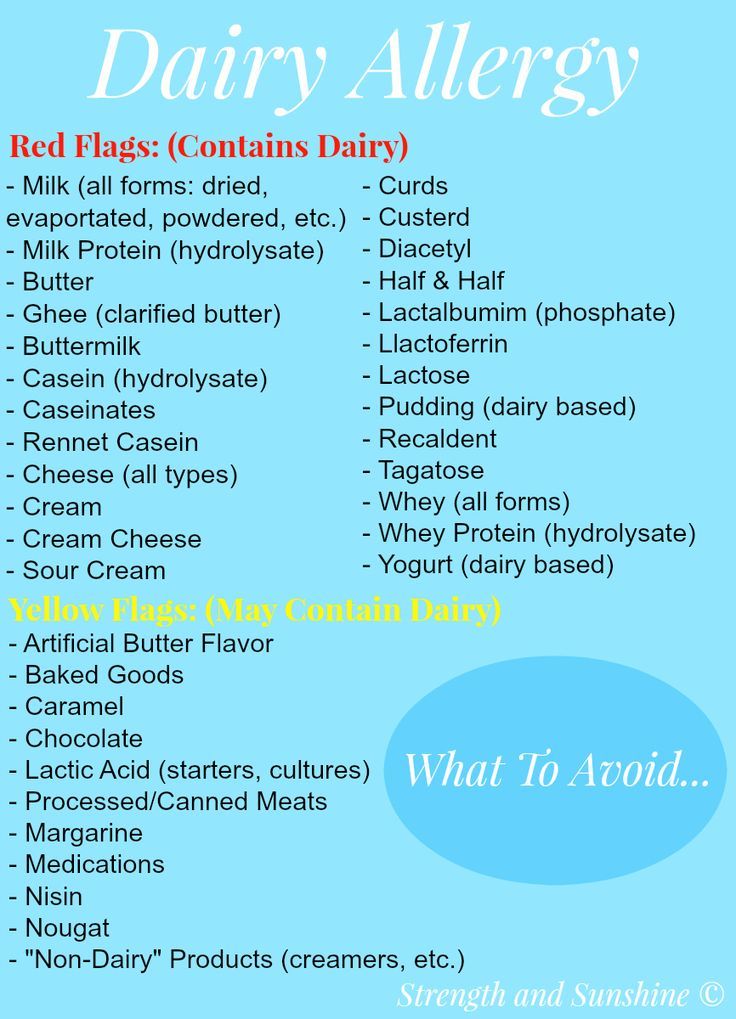 Normally, the immune system helps the body fight harmful things, such as infectious agents. In a food allergy, the immune system misrecognizes certain food components as harmful, leading to unpleasant and sometimes life-threatening allergy-related signs and symptoms.
Normally, the immune system helps the body fight harmful things, such as infectious agents. In a food allergy, the immune system misrecognizes certain food components as harmful, leading to unpleasant and sometimes life-threatening allergy-related signs and symptoms.
Over 120 foods are known to cause food allergies. Cow's milk protein allergy (CMP) is the most common type of food allergy in infants under one year of age. nine0015
Do not confuse CMPA with lactose intolerance
Sometimes CMPA is confused with lactose intolerance. Both diseases have some common signs and symptoms, but different causes and treatments.
CMPA usually develops at an early age, while lactose intolerance is extremely rare before the age of 5 years.
What is ABKM?
CMA is a type of food allergy in which the child's immune system reacts to proteins found in cow's milk. As a result, the child develops allergy symptoms: skin problems (rash, hives, dry, flaky or itchy skin), digestive system disorders (diarrhea, vomiting, constipation and reflux) and respiratory problems (noisy breathing, cough, runny nose).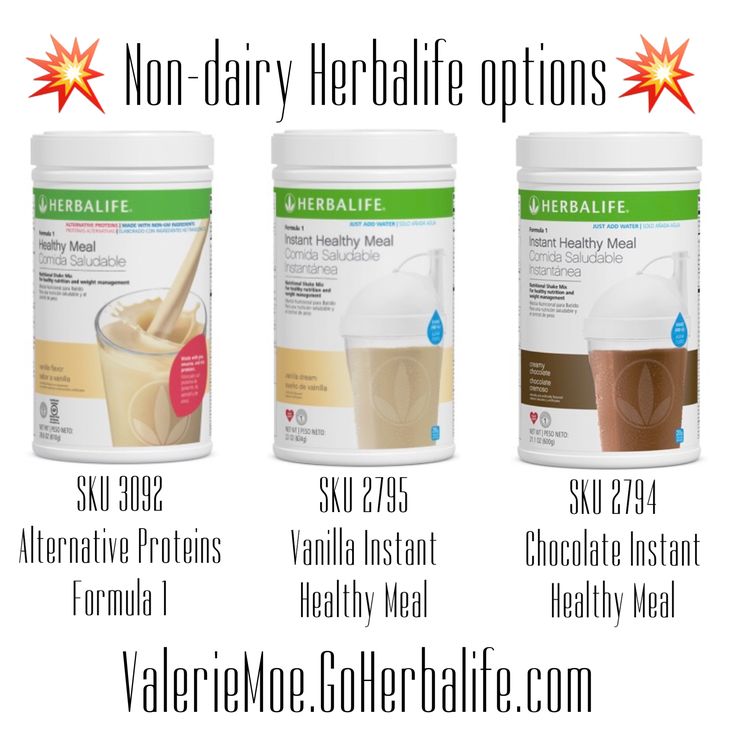 CMPA usually occurs before a child's first birthday. nine0015
CMPA usually occurs before a child's first birthday. nine0015
What is lactose intolerance?
Unlike CMPA, lactose intolerance does not depend on the immune system. This is actually lactase deficiency, the inability to digest the lactose sugar found in cow's milk, and is very rare in children under 5 years of age. Lactose is one of the most important carbohydrates (sugars) in breast milk and is very beneficial for babies. Lactose promotes healthy intestinal flora and calcium absorption. nine0015
Cow's milk protein allergy and lactose intolerance are different diseases
learn more about cow's milk protein allergy
All about CMPA
How common is CMPA?
Is CMPA hereditary?
Why does my child have CMPA?
Can CMPA be cured?
What is the difference between the AAA line and hypoallergenic formulas?
Your steps towards the diagnosis of CMPA
Allergy symptoms can be frightening, but CMPA can be easily managed with the right diet, so it's important to get the right diagnosis from your doctor and get treatment on time. If you notice any symptoms in your child that could be associated with CMPA, first of all, don't worry. Discuss the problems with the doctor, the doctor will take the necessary actions to make a final diagnosis. Follow the links below for information and guidance regarding the diagnosis of CMPA and the common signs and symptoms of CMPA. nine0015
If you notice any symptoms in your child that could be associated with CMPA, first of all, don't worry. Discuss the problems with the doctor, the doctor will take the necessary actions to make a final diagnosis. Follow the links below for information and guidance regarding the diagnosis of CMPA and the common signs and symptoms of CMPA. nine0015
SIGNS AND SYMPTOMS OF CMPA
CMPA is a food allergy, but symptoms can affect more than just the digestive system, they can also affect the respiratory system and skin.
Learn more about the signs and symptoms of CMPA
Symptom Analysis
Diagnosis
To make a diagnosis, the doctor will examine the child and ask about any symptoms you may notice. If an allergy to cow's milk proteins is suspected, a doctor may do certain tests. Once diagnosed, the symptoms of CMPA can be easily managed under the experienced guidance of a physician.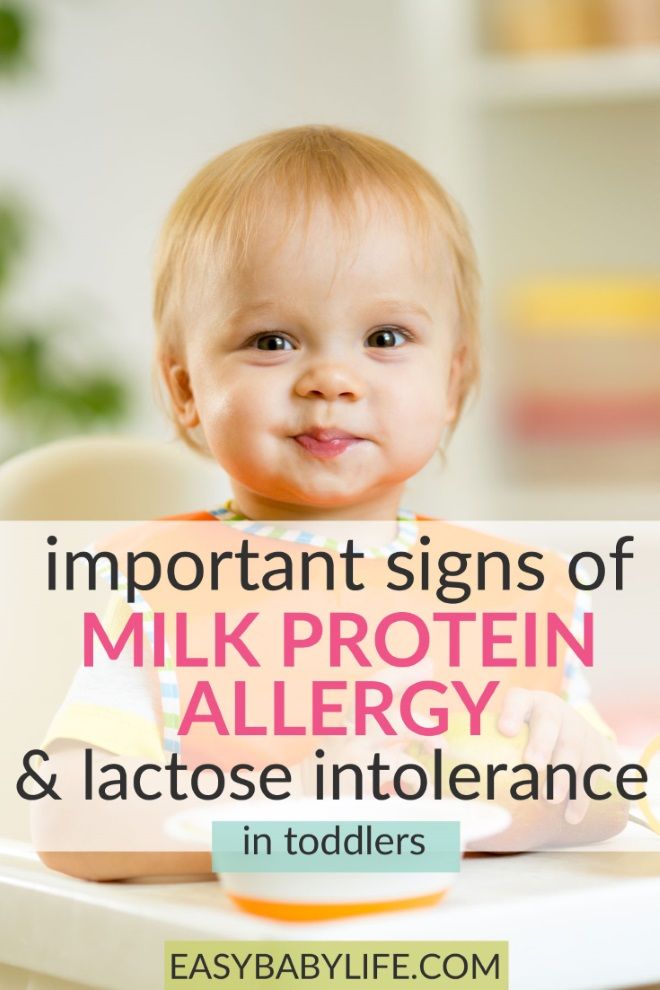 nine0015
nine0015
Find out more about the diagnosis of CMHD
Get ready for your doctor's visit
Would you like some help preparing for your doctor's visit? By printing and completing My Child's Symptom Diary, you can be sure that your doctor will have all the information you need to make an accurate diagnosis.
Symptom diary
IMPORTANT NOTE: Breastfeeding may continue if the infant is allergic to cow's milk protein. To do this, the mother needs a special diet with the exclusion of all sources of cow's milk protein. Only if these measures do not bring the desired effect, the doctor recommends the use of a special therapeutic mixture intended for children from 0 to 1 year old. It is important to follow the correct methods of preparing the mixture: using boiled water, sterilized bottles and following the rules for diluting the mixture. Medicinal mixtures intended for diet therapy of CMPA should be used under the supervision of a physician.